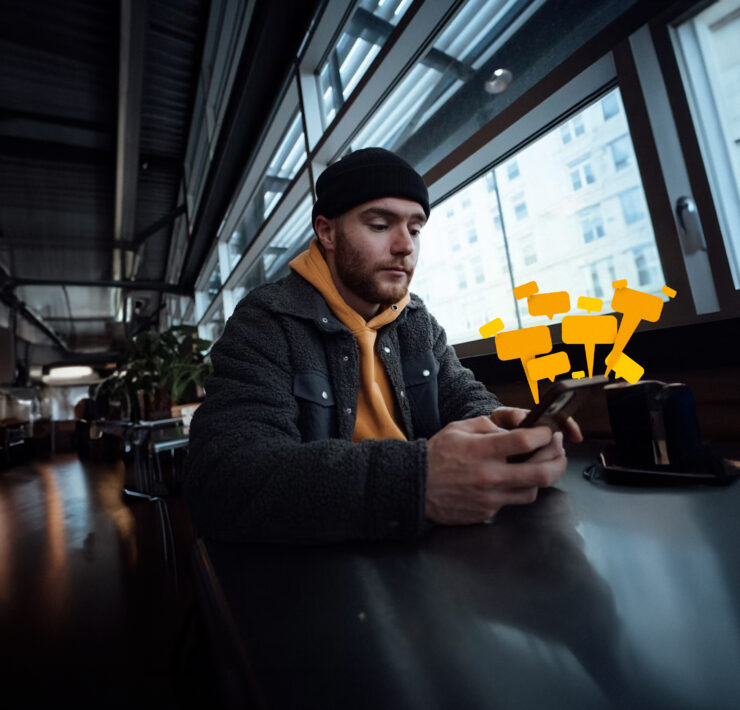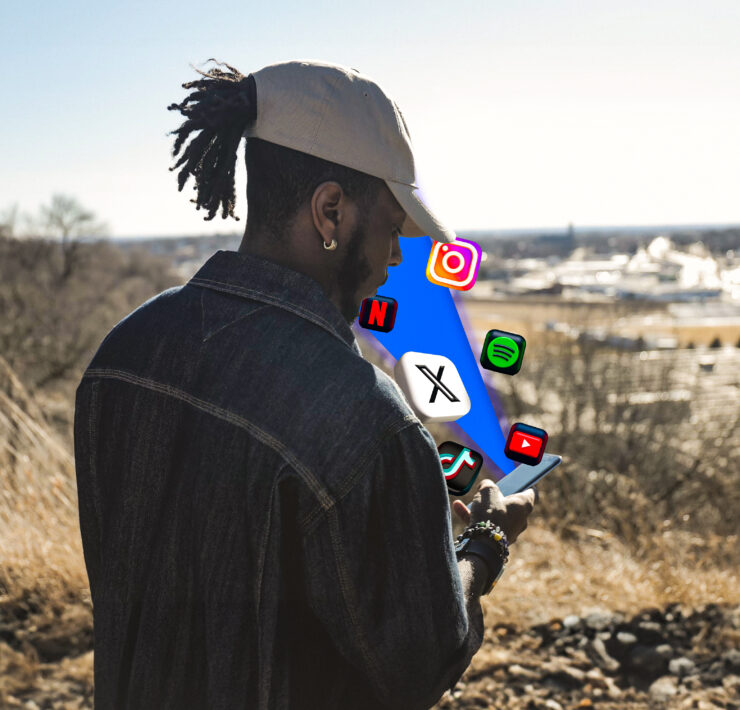
As the world becomes increasingly dependent on technology, it’s no surprise that artificial intelligence is making its way into the classroom. With this new integration comes new concerns, particularly around plagiarism and cheating. But Sam Altman, CEO of OpenAI, the company behind the popular AI chatbot ChatGPT, isn’t too concerned about that.
Altman recently spoke about the challenges and opportunities this new technology presents for education in an interview with StrictlyVC.
“Generative text is something we all need to adapt to,” he said. “We adapted to calculators and changed what we tested for in math class, I imagine. This is a more extreme version of that, no doubt, but also the benefits of it are more extreme, as well.”
Altman did acknowledge the concerns of educators who have banned the use of ChatGPT in schools, such as the New York City Department of Education and Seattle Public School system. But he also emphasized the potential benefits of using AI in the classroom, calling ChatGPT “an unbelievable personal tutor for each kid” and a more engaging way to learn.
“I have used it to learn things myself and found it much more compelling than other ways I’ve learned things in the past,” Altman said. “I would much rather have ChatGPT teach me about something than go read a textbook.”
Altman knows it may be difficult to fully detect AI plagiarism, but he isn’t too concerned about that either.
“We’re going to try and do some things in the short term,” he said. “There may be ways we can help teachers be a little more likely to detect output of a GPT-like system. But honestly, a determined person will get around them.”
To address schools’ concerns, OpenAI plans to experiment with watermarking technologies and other techniques to label content generated by ChatGPT. However, Altman warned against depending too heavily on these tools.
“Fundamentally, I think it’s impossible to make it perfect,” he said. “People will figure out how much of the text they have to change. There will be other things that modify the outputted text.”
Despite these challenges, Altman believes that the world must adapt to generative AI and that technology will improve over time to prevent unintended consequences.
“It’s an evolving world,” he said. “We’ll all adapt, and I think be better off for it. And we won’t want to go back.”























